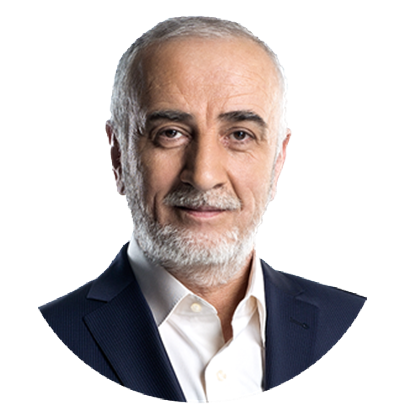There are indications that the U.S. was involved in the ousting of Bolivia's first indigenous president, Evo Morales, in a military coup. Secret talks
There are indications that the U.S. was involved in the ousting of Bolivia’s first indigenous president, Evo Morales, in a military coup. Secret talks between American senators and Morales’ opponents were brought up before the elections on Oct. 20. The talks, which were leaked to the public, discussed action plans to destabilize Bolivia if Morales won the elections. It was stated that the Evangelical Church would support the coup attempt. The fact that Brazilian President Jair Bolsonaro, known as “Tropical Trump”, U.S. Vice President Mike Pence and U.S. Secretary of State Mike Pompeo are passionate Evangelicals, points to the ideological link to the Evangelical architects of the Bolivian coup.
In January 2019, Trump’s National Security Advisor John Bolton came to a press conference at the White House with a file on which “5,000 soldiers to Colombia” was written. With this message, Venezuelan President Nicolas Maduro was intimidated and pro-U.S. forces would be supported if they took to the streets. In Venezuela, the coup attempt did not work as expected, but Bolivia was next.
The U.S. has always called Latin America or South America its “backyard”. According to the Monroe Doctrine, Latin America is seen as though it falls under U.S. sovereignty. Therefore, any U.S. intervention in Latin America was seen as a “right”. This doctrine came to the fore during the Cold War. Since the late 1800s, the United States has repeatedly intervened in Latin America and was behind dozens of military coups.
In a speech to U.S. ambassadors in Latin America in the early 1950s, George Kennan, the architect of the U.S. policy of containment of the “Soviet Union” during the Cold War, made it clear that ruthless means would be needed to crush anti-U.S. movements. Kennan also said that they would prefer an authoritarian regime that protects U.S. interests rather than a liberal government which U.S. opponents infiltrate. This policy encouraged military coups in Latin America during the Cold War.
One of the instrumental organizations in U.S. policy in Latin America was the Organization of American States (OAS) founded in 1948. It is no surprise that this U.S.-led regional organization was once again in the spotlight following the ousting of Evo Morales. It is to be recalled that the events that had forced Morales to resign and seek asylum in Mexico began with the announcement made by the OAS about the election results in Bolivia. According to OAS, the results of the election, which Morales had won, were “questionable.”
What sealed the fate of Morales, who was elected President in 2016, was the nationalization of the country’s energy and mineral resources, same as Maduro had done before him. Just as Castro did in Cuba and Mosaddegh in Iran. In the 1950s, the U.S. attempted to overthrow Fidel Castro, but failed. In Iran, Prime Minister Mohammed Mossadegh, who nationalized oil, was overthrown by a joint U.S.-British coup. What happened to Morales is no different from Mossadegh.
Bolivia has abundant resources of tin, copper, silver, gold, tungsten, petroleum and uranium, as well as large quantities of lithium. Lithium is a strategic mine for space technology. Morales became the target of a pro-U.S. military coup, and policies aimed at allocating the country’s resources to the poor rather than a small group played an important role in his demise. The U.S. cares not about the alleged mismanagement of Bolivia. It’s all about who’s in control of the country’s resources. It is therefore not surprising that those behind the coup were members of the small group whose interests were damaged by Morales’ policies.
In Bolivia, the matter has not been settled yet. The Morales front, which was taken by surprise, first tries to recover and regain the positions it had lost. It is not easy to predict how this struggle will end, but it is clear that it will become an increasingly violent one.
